Macedonians in the East Roman Empire
Collapse
X
-
The name Craterus (Kratero) is an ancient Macedonian name by origin, used later during the Roman period also. Interestingly, this Macedonian name was used as the family name of the Christian Slav called Andrew.In the name of the blood and the sun, the dagger and the gun, Christ protect this soldier, a lion and a Macedonian.
Comment
-
-
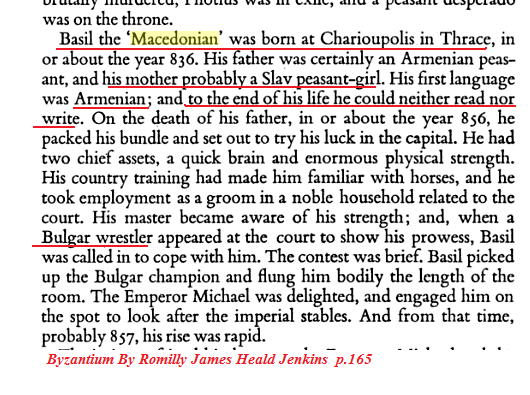
Basil was illiterate all his life!
His mother was probably of Slavic origin and he was Armenian by father side.
True hardcored fullblooded Greek! hahaLast edited by Bratot; 07-01-2009, 09:46 AM.The purpose of the media is not to make you to think that the name must be changed, but to get you into debate - what name would suit us! - Bratot
Comment
-
-
It is more than likely that both the Macedonian Dynasty and Tsar Samuel's family were a mix of local Slavonic and imported Armenian elements. The above source you posted sounds similar to the story of Justin, an illiterate peasant with a 'barbarian' wife called Lupicina, that became Roman Emperor from his humble beginnings. Such a rich history Macedonia has.Originally posted by Bratot View Post
Basil was illiterate all his life!
His mother was probably of Slavic origin and he was Armenian by father side.
True hardcired fullblooded Greek! hahaIn the name of the blood and the sun, the dagger and the gun, Christ protect this soldier, a lion and a Macedonian.
Comment
-
-
Another interesting find:
Thomas the Slav was originally a Byzantine military and naval commander entrusted with a very high command during the reign of Emperor Leo V the Armenian.
A picture of Thomas the Slav (left) and the attack by Mourtagon (Khan Omurtag).
Khan Omurtag sent an army to help Michael II put down the rebellion which attacked the rebels from the rear and defeated them.

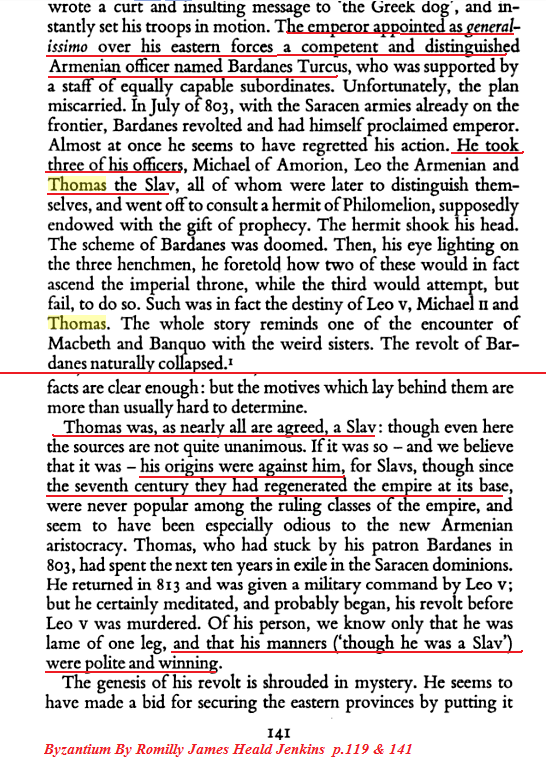 The purpose of the media is not to make you to think that the name must be changed, but to get you into debate - what name would suit us! - Bratot
The purpose of the media is not to make you to think that the name must be changed, but to get you into debate - what name would suit us! - Bratot
Comment
-
-
And look where Thomas the Slav was born:
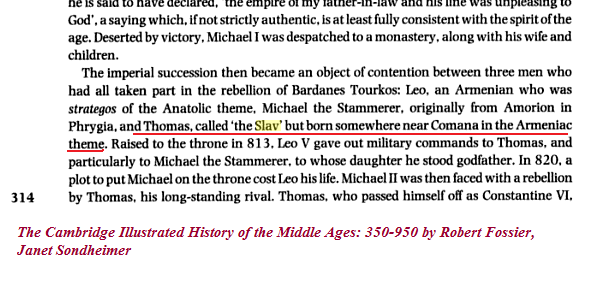
The Theme Armeniakon is located in eastern Turkey on the Black sea coast.The purpose of the media is not to make you to think that the name must be changed, but to get you into debate - what name would suit us! - Bratot
Comment
-
-
Great thread guys.
What a wonderful collection of resources.Risto the Great
MACEDONIA:ANHEDONIA
"Holding my breath for the revolution."
Hey, I wrote a bestseller. Check it out: www.ren-shen.com
Comment
-
-
Don't our Greek friends say the only Slavs in Morea were the Melingoi and Ezeritae. The above text shows they were the only ones who were not subdued. Another savage blow the the (many) Greek myths.Risto the Great
MACEDONIA:ANHEDONIA
"Holding my breath for the revolution."
Hey, I wrote a bestseller. Check it out: www.ren-shen.com
Comment
-
-
That is exactly right, the Peloponnese was swamped with Slavs, some happy to settle for East Roman rule, others such as the Ezerite and Melingoi were more independent by nature.Originally posted by Risto the Great View PostDon't our Greek friends say the only Slavs in Morea were the Melingoi and Ezeritae. The above text shows they were the only ones who were not subdued. Another savage blow the the (many) Greek myths.In the name of the blood and the sun, the dagger and the gun, Christ protect this soldier, a lion and a Macedonian.
Comment
-
-
My goodness, it would appear that Greece proper had more Slavs than Macedonia. Throw in some Venetians and Albanians ... then mix in some Turks with a hint of Vlach a little later on ... wrap them up to simmer in a Koine Orthodox tradition for a few hundred years ... and hey presto .... modern Greece.Risto the Great
MACEDONIA:ANHEDONIA
"Holding my breath for the revolution."
Hey, I wrote a bestseller. Check it out: www.ren-shen.com
Comment
-


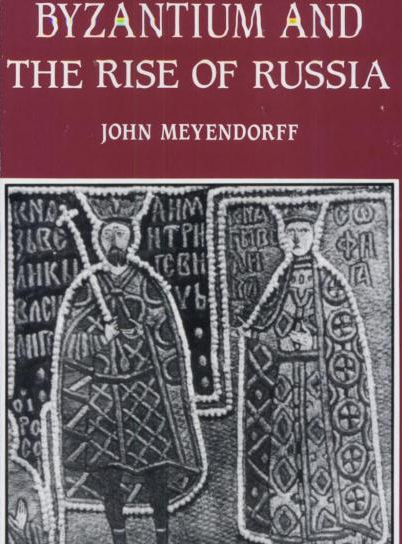
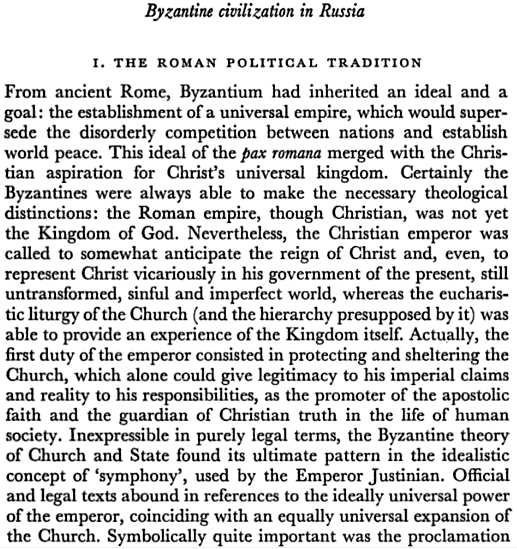
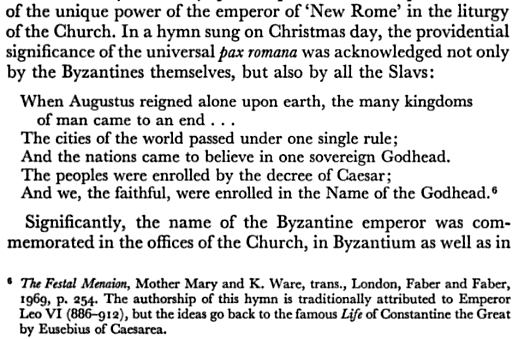
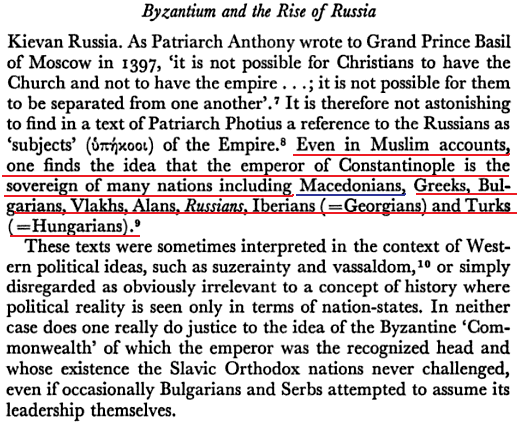
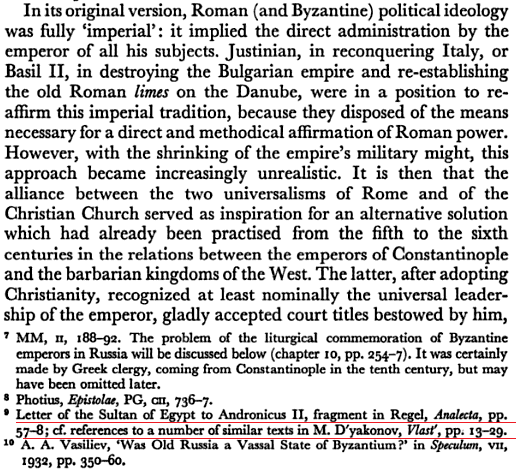


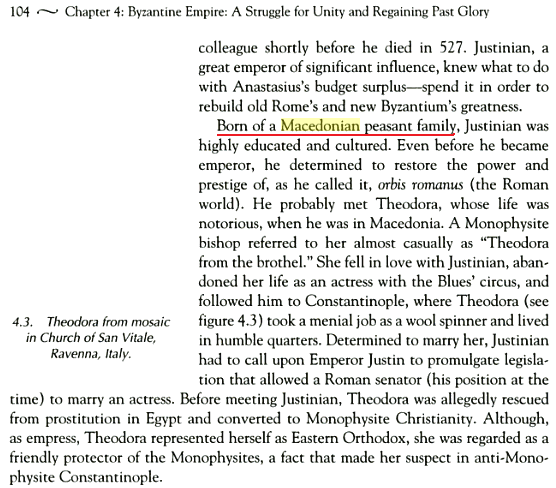


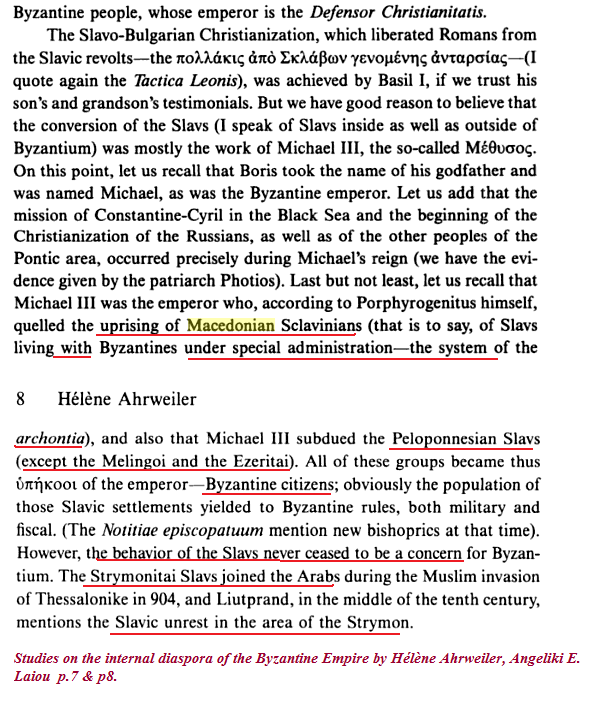
Comment